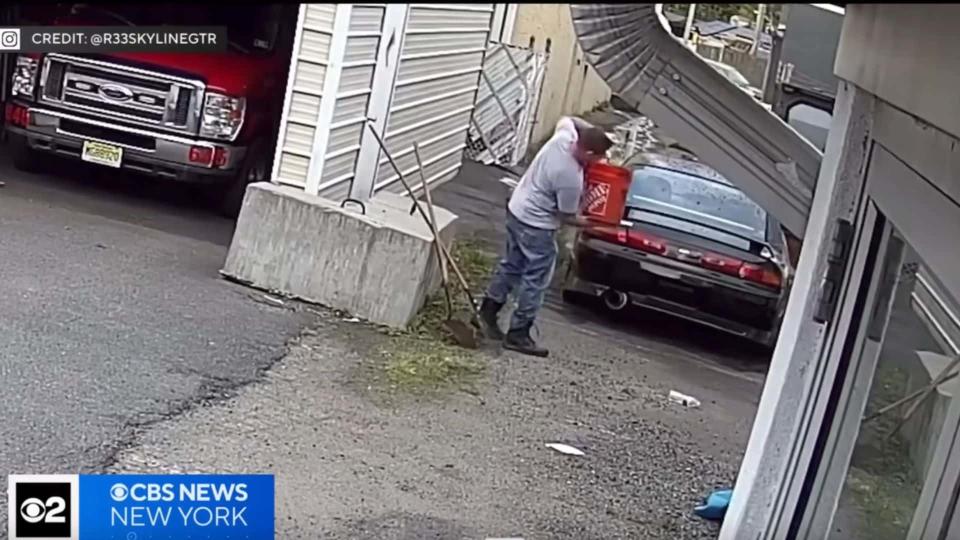Jan. 10—A Montgomery County Common Pleas Court judge ruled Tuesday that attorneys for a plaintiff in a civil lawsuit over the death of a worker buried alive in a construction site trench may make arguments about cellphones lost in the case.
Judge Angelina Jackson ruled that a jury may make “reasonable conclusions” that the defendants’ phones offered evidence helpful to the plaintiff’s case, an attorney for the plaintiff, Craig Matthews, said Tuesday.
“The plaintiff will argue that the reasonable conclusion is that the text messages on those five phones would have proven that defendant Don Wright controlled critical variables in the project that led to the needless death of James Rogers,” Matthews said.
James B. Rogers, 33, of Winchester, died in June 2016, crushed by dirt in a trench that collapsed while he worked to install a sewer pipe in the construction of a Washington Twp. residence.
It took hours to recover Rogers’ body.
Tara Brown, Rogers’ sister and the administrator of Rogers’ estate, sued KRW Plumbing Inc.; Richard Williams, owner of KRW Plumbing; South Dayton Builders and Remodelers Inc.; South Dayton owner Timothy Dickey and real estate developer Donald C. Wright, who owned the lot and hired South Dayton, which in turn hired KRW.
Donald Wright died in August 2020. In 2018, a judge ruled that the case could go forward without defendant Dickey, who filed for Chapter 7 protection in Dayton’s U.S. Bankruptcy Court.
The suit has been before a series of judges. Today, Jackson oversees it.
Plaintiffs maintain that phones belonging to three of the defendants — Wright, Wright’s son Scott Wright and Dickey — held text messages and information relevant to the case. Brown’s attorneys assert that the defendants failed to preserve the phones in anticipation of the lawsuit.
“Ms. Brown maintains it is undisputed that there were at least five cellphones that Mr. Wright, Scott Wright and Mr. Dickey used to communicate with one another during the construction project,” Judge Jackson wrote in Tuesday’s order. “The evidence supports Ms. Brown’s assertion.”
The judge noted that Dickey testified at a deposition that he dropped two cellphones into a lake. Scott Wright testified at a deposition that he also had two cell phones, but he could not provide the location for either of them, she wrote.
In 2022, another judge found that the defendants had a duty to preserve evidence relevant to the case, including text messages on the phones. At the time, no ruling was made on how harmful the loss of evidence was to Brown’s case.
The new ruling recognizes harm to Brown and allows her attorneys to tell the jury about the phones while presenting their forensic experts.
The plaintiff contends that the construction project was not approached safely.
“Trench collapse deaths are entirely preventable when standard safety measures are followed,” Matthews has written in the case. “Plaintiff intends to prove that there is an obligation imposed upon developers, builders and contractors that they be aware of and construct buildings in accordance with basic safety standards.”
Rogers’ widow was awarded a workers compensation settlement, according to Ohio Industrial Commission records, the Dayton Daily News has reported.
Mark Engling, an attorney for South Dayton Builders and Remodelers, said Tuesday he had not yet had a chance to read Jackson’s decision. Attorney Brian McHenry, who represents the estate of defendant Donald Wright, also said he needed to read the ruling.
While the case has a Jan. 20 trial date tentatively scheduled, Matthews cautioned that the date may change.
Signup bonus from




